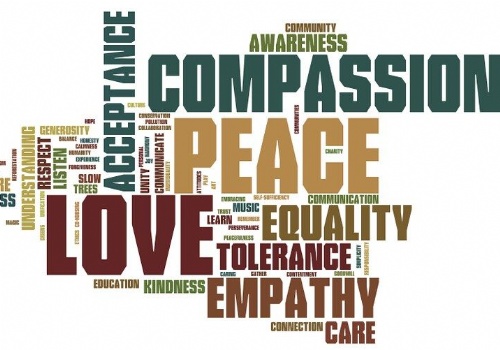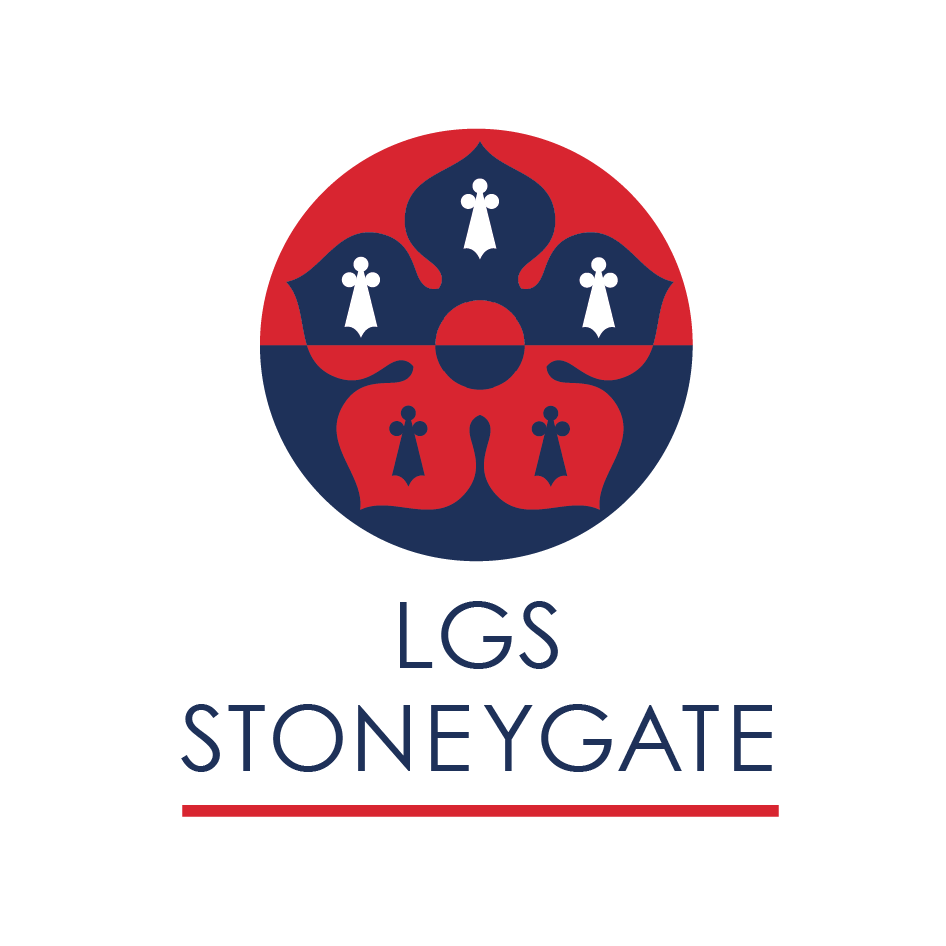Reactions and responses in troubled times

I spoke to pupils in Monday’s assembly about the horrific events in the Middle East, and we prayed for all those who are suffering in this awful conflict.
I am far from being an expert on the complex history of the area, but I sought to illustrate – through maps – some of the background, and to update pupils on what has occurred over the last few weeks. Whilst many of the scenes which have emerged are both disturbing and upsetting, it is vital that our young people have some understanding of the situation and are able to arrive at well-informed opinions, considering too how that might positively impact their own behaviour. I am sure it is the subject of discussions at home, and staff are especially alive to the concerns which pupils might feel currently. Mr Millward will be talking to pupils at our Remembrance assembly on Tuesday about how they can contribute to our ‘Peace tree’, and we will also be raising funds for the Save the Children charity who are providing humanitarian aid for children and families affected.
This is a hugely tragic conflict, which has potential implications for the whole of the Middle East and indeed for the wider world. We also know that the intervention of western powers in the region has often only exacerbated tensions. Within our own school community, we can all work together to forge peaceful and supportive relationships, whilst acknowledging that we are different and that we might have differing views. We will soon celebrate the ways in which those differences enrich our community on our Culture Day (17 November), organised by our Embrace group. And, against a backdrop of an increase in hate crime incidents across the world, we will be sensitive to the concerns of our own Muslim and Jewish pupils, with zero tolerance of antisemitism or Islamophobia.
Despite the suffering we see, our pupils can continue to live their own lives positively and full of hope – mightily grateful for the peace we enjoy. Personally, I am a cup-half-full person, believing that most people are actually fundamentally good, kind and trustworthy.
I also spoke about a French novel, Voltaire’s brilliant ‘Candide ou l’Optimisme’, published in 1759. A satire, it debunks the Leibnizian philosophy of everything being for the best in the best of all possible worlds, regardless of the calamities which occur. The final word goes to the character Candide himself, who, having seen some of the awful absurdity of the world, concludes “Mais il faut cultiver notre jardin” or “We must tend our own garden”. You can interpret that in various ways (and scholars have done), but here’s my attempt today: completely unbounded optimism and positivity just aren’t realistic in our world, but we can work hard wherever we find ourselves in life (our own garden, if you like), make the most of our opportunities and talents, and do our best to create something beautiful that benefits not only ourselves but those who share our earthly existence.
Best wishes,

John Watson
Headmaster




